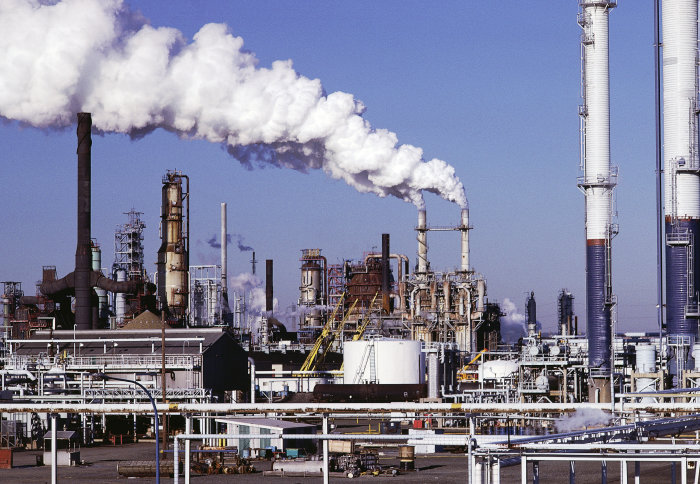Carbon pricing countries and curbing cholesterol: News from the College

Here’s a batch of fresh news and announcements from across Imperial.
From new avenues for treating inflammatory diseases, to fresh insights into how carbon pricing should be applied to countries to tackle global warming, here is some quick-read news from across the College.
Treating inflammation
 Blocking how cholesterol moves within cells of the immune system could provide new ways to treat inflammatory and metabolic diseases, including obesity, diabetes, cardiovascular disease and rheumatoid arthritis.
Blocking how cholesterol moves within cells of the immune system could provide new ways to treat inflammatory and metabolic diseases, including obesity, diabetes, cardiovascular disease and rheumatoid arthritis.
Working with mouse cells in the laboratory, researchers in Imperial’s Department of Medicine found that blocking the movement of cholesterol prevented the assembly of a complex of molecules called the inflammasome, stopping the process of inflammation. The team, whose results are published in the Journal of Cell Biology, are now looking to identify other molecules that play a part in cholesterol movement to test whether blocking them could achieve similar results and to explore how inflammation might be controlled.
Read the article: Trafficking of cholesterol to the ER is required for NLRP3 inflammasome activation
A fair carbon price by country
 Carbon pricing – putting a price tag on carbon dioxide (CO2) pollution – is one proposition to tackle global warming using economics, where the ‘price’ is the amount charged per tonne of CO2.
Carbon pricing – putting a price tag on carbon dioxide (CO2) pollution – is one proposition to tackle global warming using economics, where the ‘price’ is the amount charged per tonne of CO2.
Experts say such a price is needed to encourage sufficient deployment of lower-carbon technologies to keep global warming below dangerous levels, and this price should rise over time.
Many advocates say the best way to address the global challenge of climate change is to set a single price worldwide. However, a new study, led by the IDDRI in Paris and including an Imperial researcher, presents evidence to suggest that this is neither realistic nor desirable.
Instead, they say the carbon price must depend on the country, according to its ambitions, its socio-economic and political context, its capacity to reduce greenhouse gas emissions and the strategies envisaged to do so.
Read the full study: Carbon prices across countries
–
Want to be kept up to date on news at Imperial?
Sign up for our free quick-read daily e-newsletter, Imperial Today.

Article text (excluding photos or graphics) © Imperial College London.
Photos and graphics subject to third party copyright used with permission or © Imperial College London.
Reporter
Simon Levey
Communications Division
Hayley Dunning
Communications Division
Laura Gallagher
Communications Division
Andrew Youngson
Communications Division